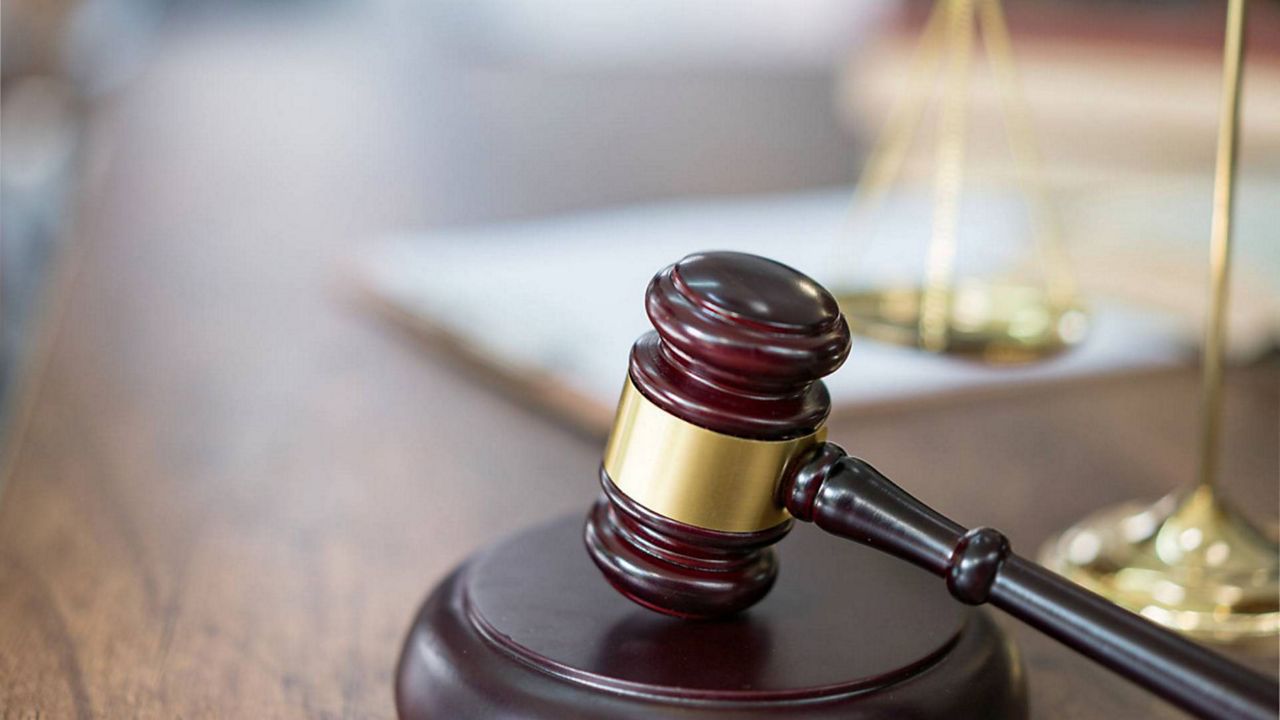A proposal that would seal many criminal records has won the backing of another business-aligned organization as supporters hope the measure could see final approval later this spring.
The Partnership for New York City on Thursday endorsed the proposal, known as the Clean Slate Act, as negotiations between top Democrats in the Legislature and Gov. Kathy Hochul are being held over a potential deal to approve the bill.
“The business community understands the importance of enacting Clean Slate legislation, not just to provide greater economic opportunity to New Yorkers, but also to address the shortage of willing and able workers in many industries,” said Kathryn Wylde, the business-allied organization's president and CEO.
The Partnership for New York City joins organizations like the Business Council of New York as well as companies like utility National Grid that have endorsed the measure. Supporters have contended the passage of the bill would aid millions of people who have had criminal convictions, but struggle to find work after their sentence ends, and could help reduce recidivism.
"Clean Slate is a moral imperative and a business imperative for our state," said Sen. Zellnor Myrie, the sponsor of the measure in the state Senate. "Too many New Yorkers who have served their time are prevented from re-joining the workforce, stabilizing themselves and their families, and moving on with their lives after being released from prison. I'm excited the Partnership for New York City has joined the growing chorus of business and civic leaders, unions, faith communities, local governments and advocates who support this important legislation."
Opponents, however, have questioned whether the measure should be approved this year as public safety has been a top concern for voters.
"Another pro crime, anything like that right now for New Yorkers, would just leave a bad taste in their mouths," said Assemblyman Michael Durso earlier this month.
Assembly Speaker Carl Heastie last week signaled the measure could gain a floor vote in his chamber for the first time, a move that would likely signal its chances of becoming law.




